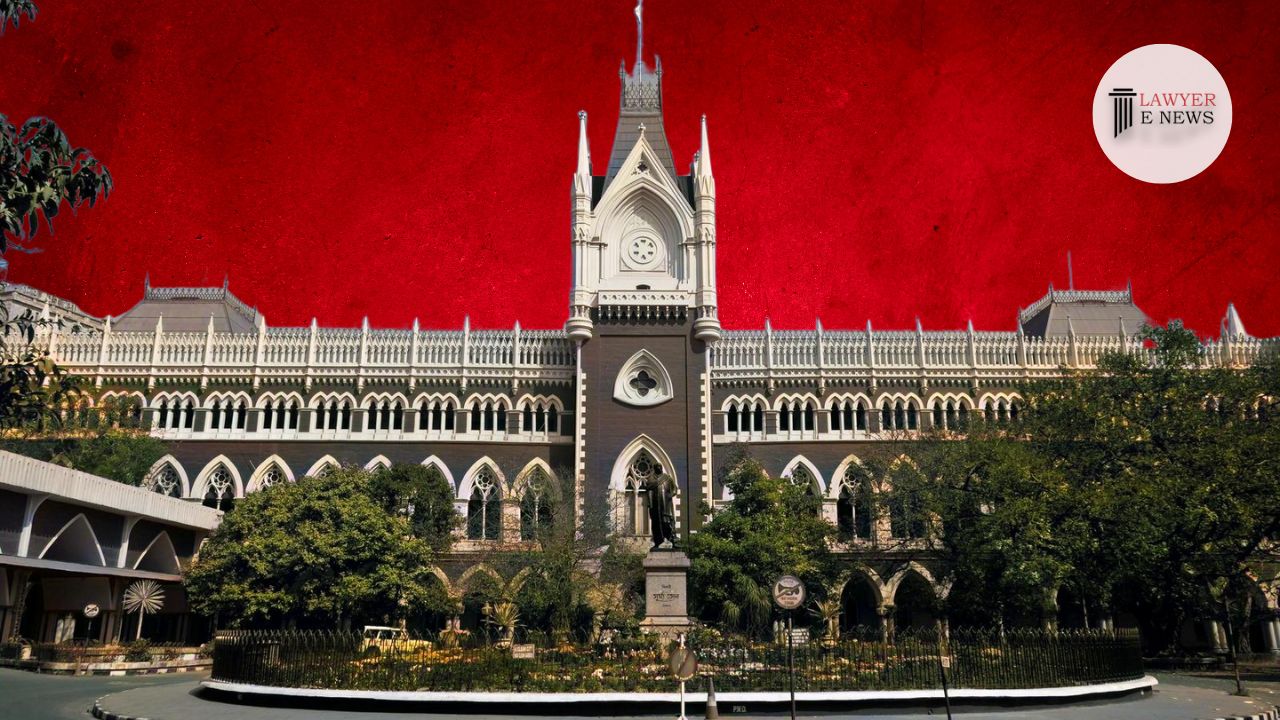-
by Admin
15 February 2026 5:35 AM



In a significant ruling, the Calcutta High Court upheld the acquittal of Respondent No. 2, involved in an alleged assault case, citing the prosecution’s inability to authenticate crucial medical evidence. Justice Shampa Dutt (Paul), presiding over the matter, found no grounds to interfere with the earlier judgment of the trial court, which had dismissed charges based on insufficient evidence.
The appeal was lodged against the acquittal of Respondent No. 2, who was charged under Section 324 of the Indian Penal Code for allegedly assaulting the appellant with a blunt object. The primary legal discussion centered on the evidentiary standards required for upholding a conviction and the responsibilities of the prosecution to provide authenticated documents.
On October 15, 2008, the appellant claimed to have been attacked by Respondent No. 2, resulting in injuries documented by a medical certificate. However, the trial court acquitted Respondent No. 2 due to the prosecution’s failure to provide authenticated evidence and examine material witnesses. The appellant challenged this decision, leading to the High Court’s review.
Justice Paul highlighted the prosecution’s crucial error in failing to authenticate the photocopy of the medical certificate, which was a pivotal piece of evidence. “The photocopy of the medical certificate produced by the complainant…marked ‘X’ for identification has not been proved,” noted Justice Paul.
The High Court observed that the trial court correctly closed evidence after noting the repeated absence and non-availability of key witnesses. This was deemed justifiable despite criticism for not exhausting all processes to ensure their presence. “Both the Appellant and the respondent no.2/accused have filed their written notes of arguments,” Justice Paul remarked on the procedural handling.
The decision referenced multiple cases, including Harvinder Singh @ Bachhu vs The State of Himachal Pradesh, which discusses the implications of not examining material witnesses and how it affects the fairness of the trial.
Judgment: Concluding her judgment, Justice Paul dismissed the appeal, stating, “The reasons recorded by the trial judge appear to be in accordance with law and thus the Judgment & Order under appeal requires no interference.”
Date of Decision: April 29, 2024.
Satya Smaran Adhikary Vs The State of West Bengal & Anr.
